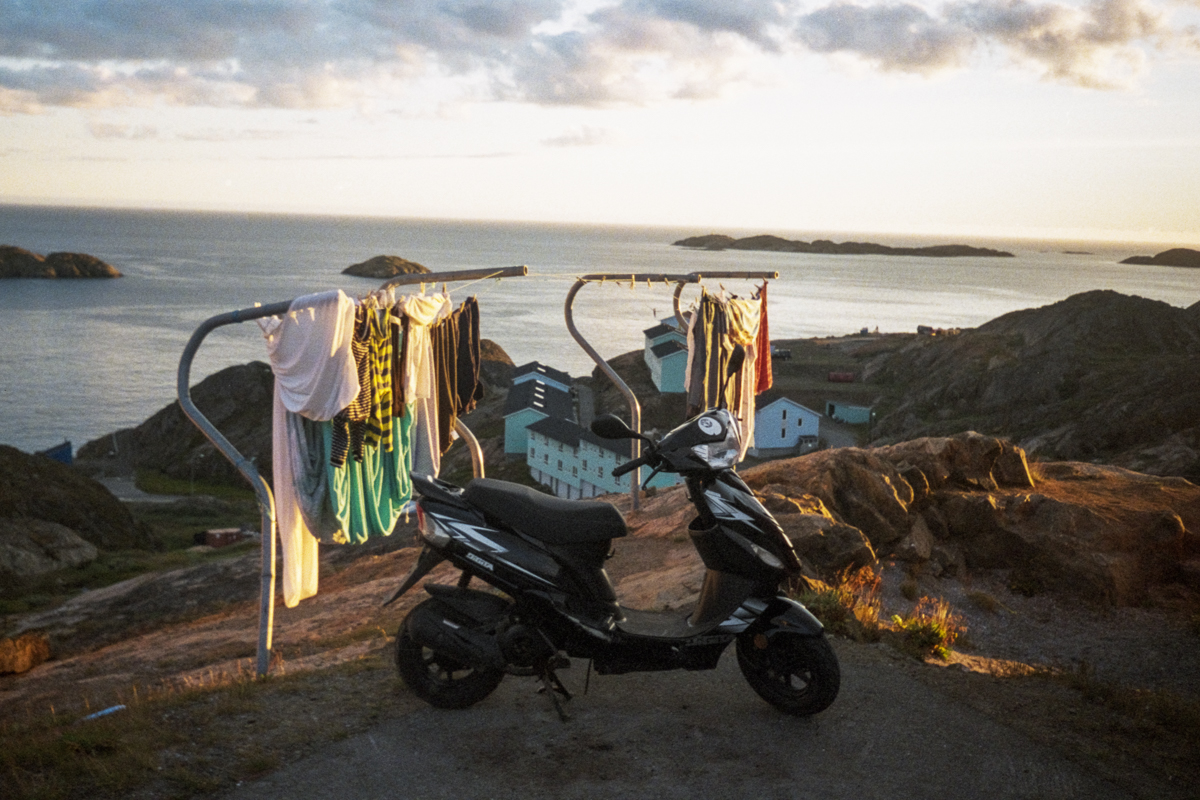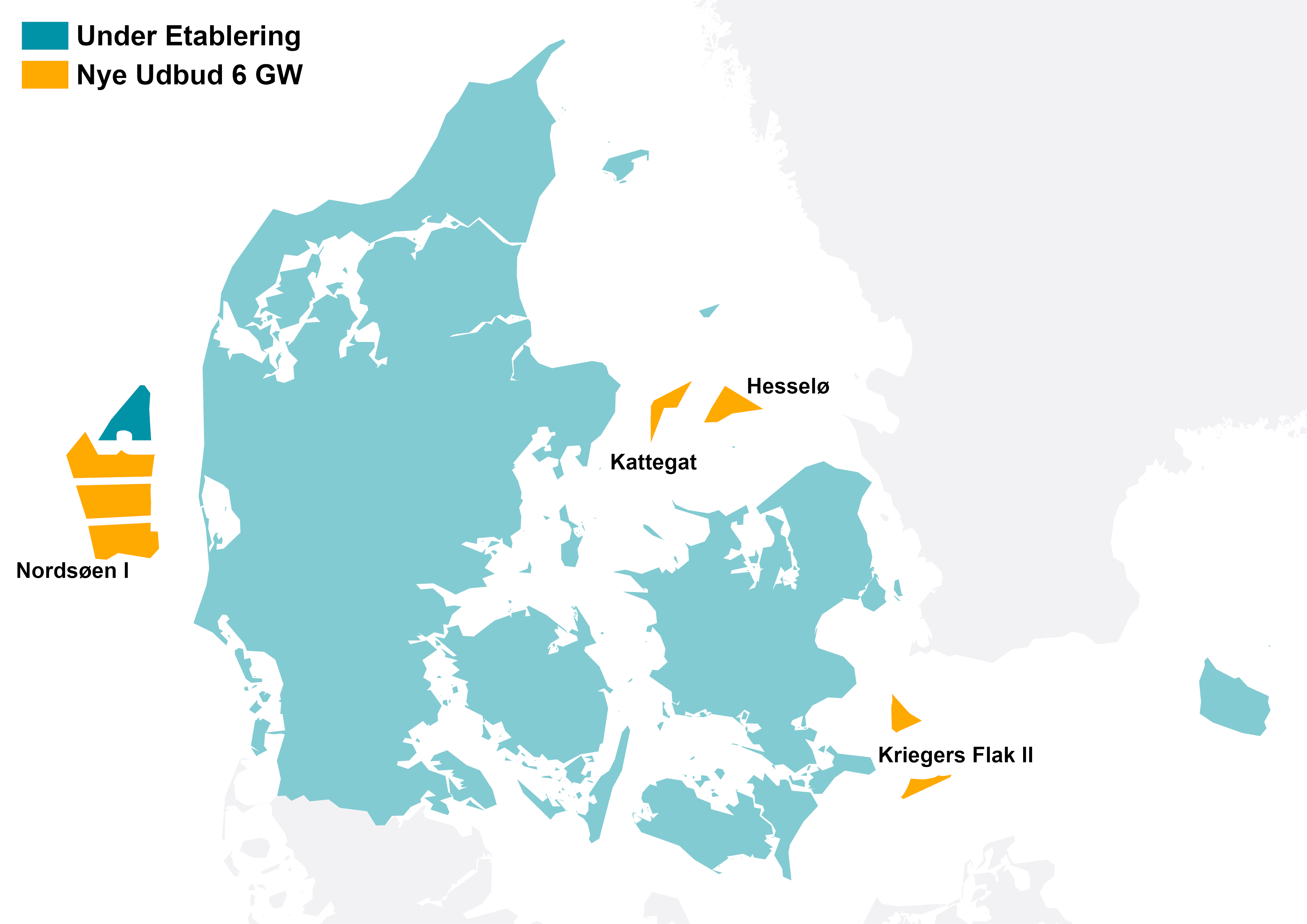Profound environmental changes in the Arctic are creating new possibilities for economic activity in the area. This is most strongly felt in Greenland, which with its vast potential reserves of oil, gas, industrial minerals, and unique tourist attractions, is fast becoming a hot spot for foreign investors.
Kuupik Kleist, GreenlandÂ’s political leader, said he expects foreign investors, including from China, to play an important role in the future development of Greenland.
“I think that China together with other nations is taking a huge interest in the Arctic area in general and specifically in Greenland, and we have seen quite a number of visitors from China over the last couple of years,” Kleist told Xinhua in an exclusive interview Thursday.
“We don’t really have that much co-operation for the time being, but I know that Chinese companies are showing an interest in Greenland,” he added.
While Chinese tourists are already braving the ArcticÂ’s icebergs and freezing temperatures to experience its harsh beauty, deeper financial co-operation is also underway.
“Greenland is also showing an interest in China: my minister for minerals (and industry) and labor is going to China today on an official visit. I would see a future co-operation as a very positive one and we welcome the Chinese interest,” he observed.Lying high in the Arctic Circle, Greenland is the world’s biggest island, and is an autonomously governed territory of Denmark.
Since gaining self-government in 2009, Greenland and its parliament can independently invite foreign investors to participate in its future development, where the prospects are hugely tempting.The Arctic is thought to contain roughly 30 percent of the worldÂ’s unproven gas reserves and 10 percent of its unproven oil reserves. An estimated 97 percent of these resources fall within the exclusive economic zones of the five Arctic states that have a coastline on the Arctic Ocean namely Russia, Canada, the US, Norway and Denmark.
Already, foreign oil and gas companies are prospecting in the deep ocean waters off GreenlandÂ’s west coast, while mining companies are hunting for rare earth minerals in its vast hinterland. This activity raises hopes for Greenland experiencing high economic growth rates in coming years, as well as economic, and possibly political, independence.
“We are a society in transition in many ways, and at a high speed,” Kleist told Xinhua. “Our place on the global stage is changing fast, partly due to climate change and partly owing to the international companies interested in Greenland’s minerals.”
But co-operation in other areas, such as communications technology and green growth, is also expected.
“We are actually working on a plan for which areas we would consider be covered by foreign investors,” Kleist explained. “So far, foreign investments have been in the business of minerals and oil and gas.”
“But we would like to see economic co-operation in other areas. Green growth, for instance, is a very actual and timely issue and Greenland of course wants to participate in the development of green technology and we want to see green growth in Greenland itself,” Kleist said.
While the accelerated warming of the polar ice caps is making it easier to access minerals deep under GreenlandÂ’s permafrost, it is also making it experience a milder climate. With its high-quality and largely unspoiled soils, this could help make Greenland an agricultural bread basket.
“A quite new area for development in Greenland, due to climate change, is that agricultural development is now becoming an area of business,” Kleist said.
For a start, this would mean Greenland could grow its own food, meaning its roughly 59,000 residents do not have to rely almost exclusively on imported food stuffs, as they tend to do now. It would also make the economy far less dependent on fishing, currently the main industry. In the future, agriculture could even become an export commodity.
While the focus is mostly on commercial activity, other areas of co-operation are also expected to mature in future.
China, for instance, has expressed interest in being granted observer status at the Arctic Council, an inter-governmental forum for the regionÂ’s governments and indigenous peoples.
China says it wants to further its scientific and research interests in the area, not least to study climate change, echoing requests by others like Japan, South Korea and the EU.
Kleist said China has legitimate grounds to want to join the Council and participate in the Arctic, and would support it in becoming a member of the council, which counts Canada, Denmark (including Greenland and Faroe Islands), Finland, Iceland, Norway, Russia, Sweden and the US as full members.
“The foreign ministers’ Arctic Council meeting this spring in Greenland decided upon procedures and criteria for accepting new observers in the council,” Kleist said of the summit held in May 2011.
“My general view is that everyone who applies for observer status must in the first place obey those procedures and criteria. If China applies for such a position, and if China fulfills these criteria, I would definitely be positive,” he said, referring to the possibility of China being admitted to the council.
Join the debate – join us on Twitter or Facebook, or leave a comment below.
SEE RELATED STORIES















